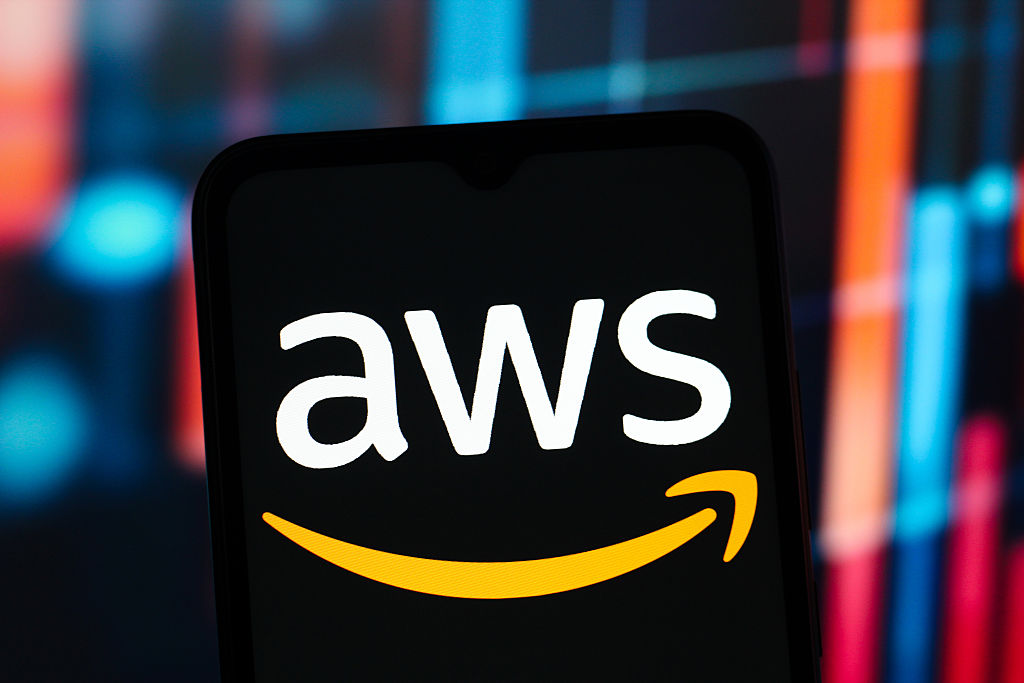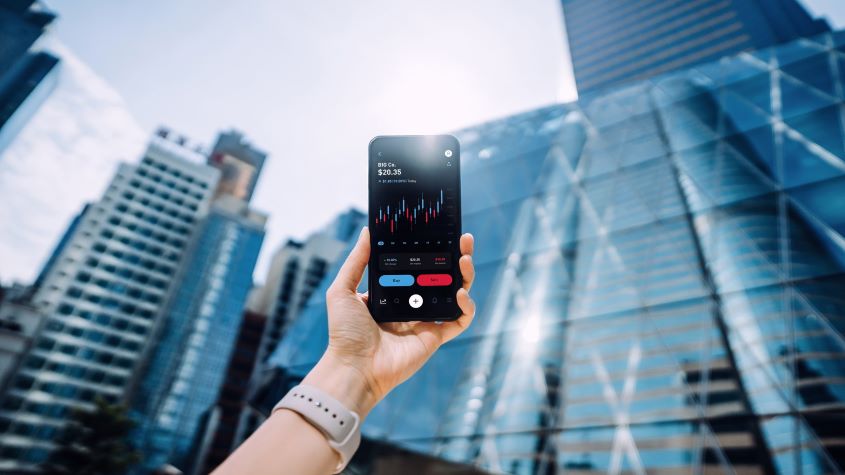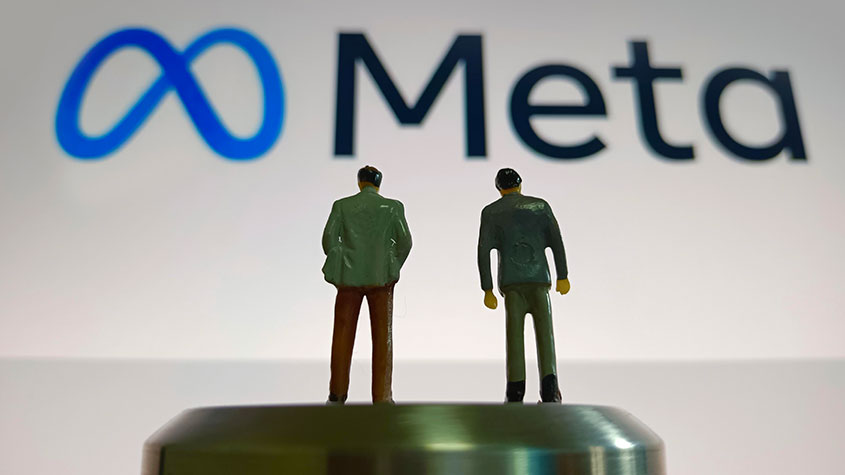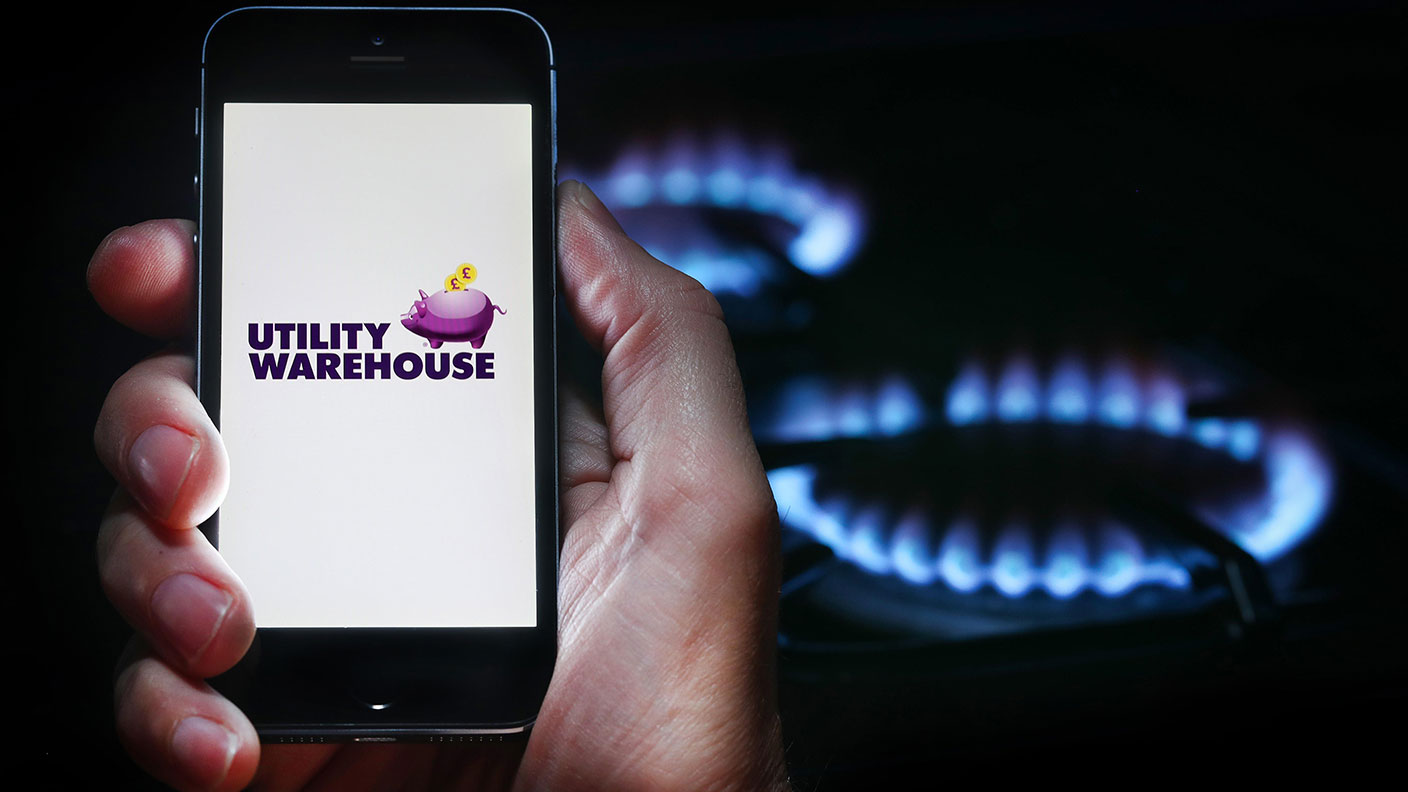The best way for investors to buy in to Alibaba
Chinese internet giant Alibaba is to list on the stock exchange. Private investors won't be able to buy in, but there is another way to play it says Ed Bowsher.

Get the latest financial news, insights and expert analysis from our award-winning MoneyWeek team, to help you understand what really matters when it comes to your finances.
You are now subscribed
Your newsletter sign-up was successful
Want to add more newsletters?

Twice daily
MoneyWeek
Get the latest financial news, insights and expert analysis from our award-winning MoneyWeek team, to help you understand what really matters when it comes to your finances.

Four times a week
Look After My Bills
Sign up to our free money-saving newsletter, filled with the latest news and expert advice to help you find the best tips and deals for managing your bills. Start saving today!
Alibaba, the Chinese internet giant, will list on the New York stock market later this month.
It's going to be one of the largest stock market listings ever, and it looks like the offer price will be reasonable. There's a good chance that the share price will bounce in the first day's trading.
Sadly, private investors in the UK won't be able to get in at the very beginning, but that's not a disaster. There's another way for the likes of you and me to play the Alibaba story.
MoneyWeek
Subscribe to MoneyWeek today and get your first six magazine issues absolutely FREE

Sign up to Money Morning
Don't miss the latest investment and personal finances news, market analysis, plus money-saving tips with our free twice-daily newsletter
Don't miss the latest investment and personal finances news, market analysis, plus money-saving tips with our free twice-daily newsletter
What does Alibaba do?
Alibaba is basically a Chinese Amazon, eBay and Paypal wrapped up in one company. 80% of China's online retail purchases are transacted on one of Alibaba's sites. On top of these consumer websites, Alibaba also operates a business-to-business platform that enables small Chinese businesses to sell to customers around the world.
Alibaba is also broadening out from e-commerce. Last year it launched a money market fund called Yu'e Bao which has been a phenomenal success. The fund pays a higher interest rate than conventional Chinese savings accounts and has already pulled in more than $90bn. And Alibaba also has a stake in a Twitter-style service called Weibo.
What's the valuation?
Alibaba is expected to list with a share price somewhere between $60 and $66. (If demand for the shares is unexpectedly high, then the listing price might be higher.) At $63, Alibaba would be valued at around $155bn. That would put Alibaba on a multiple of 18 times sales which looks very high at first glance. (Last year's sales were $8.5bn.)
However, the company doesn't look so expensive if you focus on profits it will open on a price/earnings ratioof 41. That's obviously very high for most companies, but for a fast-growing tech company, it's not so unreasonable. Remember there's plenty of potential for further internet growth in China. You could also argue that the Alibaba sales figure understates the true scale of the company. Sales represents commissions and fees that Alibaba receives total sales by all the different vendors on the Alibaba network came in at $248bn last year. That's twice as much as Amazon.
Are there any downsides?
Don't get me wrong though, Alibaba does have a couple of downsides.
The big issue is governance. Alibaba already has a rotten reputation in this area. Back in 2010, it sold its payments business, Alipay, to Alibaba's founder, Jack Ma, for far too low a sum. After a huge fuss, Alibaba did backtrack on this, but it's still a worry that Alibaba and Ma might try a similar trick in future. Shareholders will have limited control over the board, which will really be run by partners' in the business.
There are also concerns about what non-Chinese Alibaba shareholders will actually own. Because Alibaba is seen as a strategic asset' in China, overseas shareholders can't directly own shares. Instead they buy a stake in a variable interest entity' that will receive some of the profits that Alibaba will make. There are no guarantees that Chinese courts will uphold the rights of the variable interest entities. So there is a fair bit of risk here.
That said, given the growth potential, I think there's a good case for taking the risk and investing in Alibaba. Indeed I think the proposed $155bn valuation undervalues the company a little. And Wall Street analysts seem to agree Bloomberg has polled 11 analysts and their average valuation for the company is $187bn. Yes, of course, analysts are often very wrong, but their positive stance suggests that, at the very least, we'll see a short-term spike in the share price.
Yahoo is a great proxy
If you're tempted to invest in Alibaba, you may prefer to invest in Yahoo rather than try to buy Alibaba shares in the days after the listing. I highlighted Yahoo as a potential proxy for Alibaba back in March, and I still think the company looks attractive.
Yahoo currently has a 22% stake in Alibaba and will sell 121 million Alibaba shares in the listing, which will raise around $7bn. It will then retain a 16.3% stake, which should be worth around $24bn when Alibaba lists. Yahoo also owns a stake in Yahoo Japan which is worth around $7bn. Yahoo will have to pay some tax when it sells shares, and there's a fair amount of uncertainty about what the final tax bill will be.
Still, even after a recent rise in the share price, Yahoo's total market cap is only $41bn, so it's pretty obvious that the market isn't ascribing much value to Yahoo's core business. Now I can understand that Google has completely eclipsed Yahoo when it comes to internet search, and Yahoo still hasn't really found a role for itself. What's more the recent financial results were disappointing adjusted operating profit fell 7% year-on-year.
However, the relatively new CEO, Marisa Mayer, has been making the right strategic moves. Her emphasis on mobile and developing exclusive proprietary content makes a lot of sense to me. More and more people are visiting Yahoo's mobile sites and I still think that will deliver a boost to Yahoo's financial performance eventually.
So for me, Alibaba looks like a good way to play the long-term China growth story, and Yahoo is a simple way to give you access to Alibaba.
Our recommended article for today
What we can learn from the super-rich
SUBSCRIBERS ONLY
The very wealthy have been sold a big lie and are buying into shoddy funds. Don't make the same mistake they do, says David C Stevenson.
Things are not what they seem
Investors can't know much about the present - and even less about the future, says Bill Bonner.
On this day in history
9 September 1839: Sir John Herschel takes the first glass-plate photograph
On this day in 1839, Sir John Herschel produced the first photograph taken using a glass plate, a technique that would remain in use until the 1990s.
Get the latest financial news, insights and expert analysis from our award-winning MoneyWeek team, to help you understand what really matters when it comes to your finances.
Ed has been a private investor since the mid-90s and has worked as a financial journalist since 2000. He's been employed by several investment websites including Citywire, breakingviews and The Motley Fool, where he was UK editor.
Ed mainly invests in technology shares, pharmaceuticals and smaller companies. He's also a big fan of investment trusts.
Away from work, Ed is a keen theatre goer and loves all things Canadian.
Follow Ed on Twitter
-
 Average UK house price reaches £300,000 for first time, Halifax says
Average UK house price reaches £300,000 for first time, Halifax saysWhile the average house price has topped £300k, regional disparities still remain, Halifax finds.
-
 Barings Emerging Europe trust bounces back from Russia woes
Barings Emerging Europe trust bounces back from Russia woesBarings Emerging Europe trust has added the Middle East and Africa to its mandate, delivering a strong recovery, says Max King
-
 Amazon stock falls as AWS results underwhelm
Amazon stock falls as AWS results underwhelmApple stock rose after earnings on a return to growth in China; Amazon's share price fell despite an earnings beat
-
 What is Jeff Bezos' net worth?
What is Jeff Bezos' net worth?Jeff Bezos' net worth stems from his large holdings in Amazon stock. We look at how he established the world’s biggest e-retailer, his space and media investments, and what’s in store for the James Bond franchise
-
 Is the technology rout over?
Is the technology rout over?Analysis Big tech has reported a bump in revenues leading some to question if the pandemic slump is over
-
 Tech stocks have plunged this year, but is now the time to buy?
Tech stocks have plunged this year, but is now the time to buy?Tips Tech stocks have faced heavy selling pressure this year, although all of these firms have bright futures.
-
 Invest in Brazil as the country gets set for growth
Invest in Brazil as the country gets set for growthCover Story It’s time to invest in Brazil as the economic powerhouse looks set to profit from the two key trends of the next 20 years: the global energy transition and population growth, says James McKeigue.
-
 Why Big Tech’s move into medicine is a mistake
Why Big Tech’s move into medicine is a mistakeOpinion The big tech companies have long wanted a slice of the medical action, and now they are moving in. They are making a big mistake and will fae a huge backlash, says Matthew Lynn.
-
 Defensive income plus growth potential? This stock ticks all the boxes
Defensive income plus growth potential? This stock ticks all the boxesTips Telecom Plus has survived the energy crisis that has driven so many of its competitors under, and has emerged bigger and stronger than ever. One to consider for your portfolio, says Rupert Hargreaves.
-
 What to buy as the tech-stock bull market crashes
What to buy as the tech-stock bull market crashesCover Story The decade-long bull market in tech stocks has come to a rapid halt. Investors need to distinguish solid stocks from speculative ones rather than just buying the dip, says Matthew Partridge
